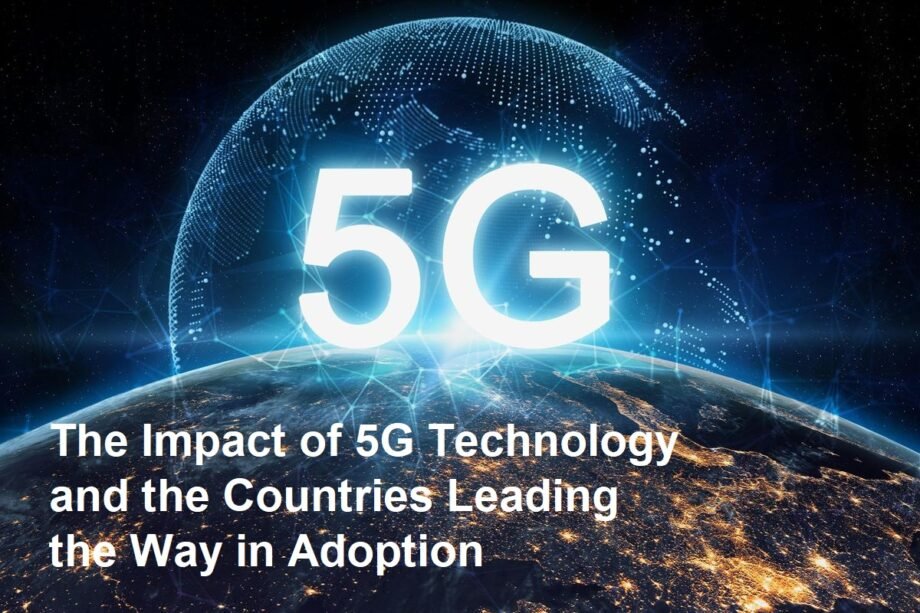The arrival of 5G technology marks a significant milestone in the world of telecommunications, promising faster speeds, ultra-reliable connections, and the power to transform industries and everyday life. From boosting economic growth to enabling smart cities and revolutionary medical technologies, 5G is set to redefine how we connect globally. This article explores the major impacts of 5G and highlights the countries already harnessing this game-changing technology.
What is 5G and Why Does it Matter?
5G, or fifth-generation wireless technology, offers superfast broadband, low latency, and massive connectivity capabilities. Its impact goes beyond just enhancing mobile internet speed—5G lays the foundation for cutting-edge technologies like autonomous vehicles, remote surgeries, and smart infrastructure. By supporting vast numbers of connected devices and delivering instant responsiveness, 5G is fueling innovations that were once the stuff of science fiction.
Economic Benefits of 5G Technology
The economic potential of 5G is enormous. According to industry experts, 5G is projected to add $13.2 trillion to the global economy by 2035, creating more than 22 million jobs in the process. For example, in India alone, 5G is expected to boost the economy by $450 billion by 2030, driven by advances in manufacturing, healthcare, agriculture, and communication sectors.
5G promotes new business models, enhances productivity, and improves operational efficiency across multiple industries. From smart factories to connected logistics and digital healthcare, the technology empowers businesses to innovate and compete on a global scale. Governments are also leveraging 5G to improve resource management and social engagement, stimulating economic growth.
Social and Technological Impacts
The societal benefits of 5G include better connectivity for remote and rural areas, improved emergency response systems, and enhanced educational and healthcare services. Smart city initiatives utilize 5G to manage traffic, utilities, and public safety more efficiently, improving urban living standards.
Innovations enabled by 5G such as self-driving cars, Internet of Things (IoT) devices, and augmented/virtual reality applications are already beginning to take shape, promising dramatic transformation in how we live and work.
Countries Leading in 5G Deployment
The adoption of 5G technology is well underway worldwide. The first commercial 5G networks launched in early 2019 in countries including South Korea, China, and the United States. These nations led the charge in deploying infrastructure and expanding coverage rapidly.
By the end of 2022, the global mobile industry had surpassed one billion 5G connections, with new rollouts in countries like Brazil, Indonesia, and India driving further growth. Other countries making significant progress include Japan, the United Kingdom, Germany, and Australia, each investing heavily in 5G infrastructure to support future demands.
Challenges and Future Prospects
Despite the promising outlook, the rollout of 5G faces challenges such as high infrastructure costs, device affordability, and the need for updated regulatory frameworks. Ensuring cybersecurity and mitigating environmental impacts are also crucial considerations.
Nonetheless, as the technology matures, 5G will unlock new applications and sectors, radically transforming industries such as healthcare, transportation, manufacturing, and entertainment.
Summary
5G technology represents a revolutionary advancement in global connectivity. Its economic, social, and technological impacts are far-reaching, with countries worldwide racing to adopt and deploy 5G networks. As 5G continues to expand, it will fuel innovation, create jobs, and improve quality of life worldwide, making it a pivotal technology for the future.









